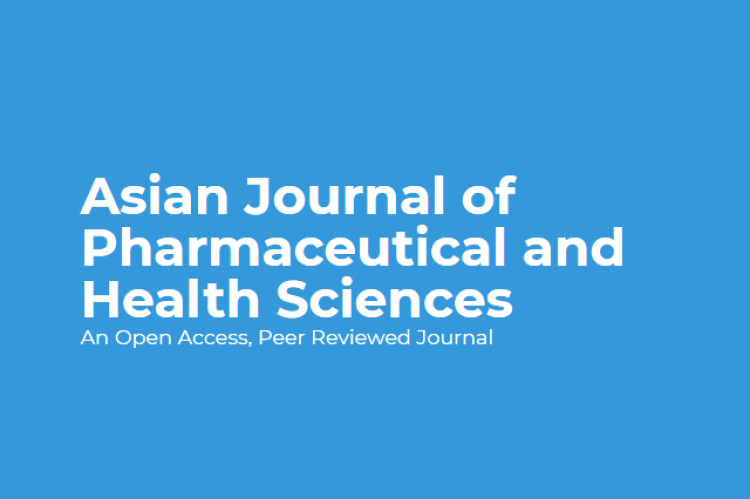Concurrent infections by multiple parasites in a single host have all round implications in shaping their ecological niche. Many aspects of immunobiology of parasites have been shown to have far reaching consequences in such biological existence. Modulation and or suppression of growth, alteration of infectiveness and reduced response to chemotherapy are well documented when parasites exist concurrently. In Host-parasite relationships, any substance, biological or chemical product that can reduce the multiplication of parasites in the blood, without necessarily suppressing it completely, has the potential to allow for host survival while giving a chance for acquired immunity to set in, thus proving right the axiom “live and let live.” Babesia with Plasmodium co-existence offers a paradigm of rich example and has been cited to suppress the growth of the latter, a stratagem in which the host is a great beneficiary. This cross-reactive and cross-protective algorithm is thought to be due to common antigenic determinants for Babesia and Plasmodium. Patients who were naturally cured or drug-cured with Babesia infection were shown to be protected against Plasmodium infection. Such biological paradigm and exposé could be exploited in vaccine design against malaria better than the use of parasite based antigen formulations which have recorded dismal performance in field trials due to extensive clonal diversity of the parasite.
View:
- PDF (178.93 KB)


